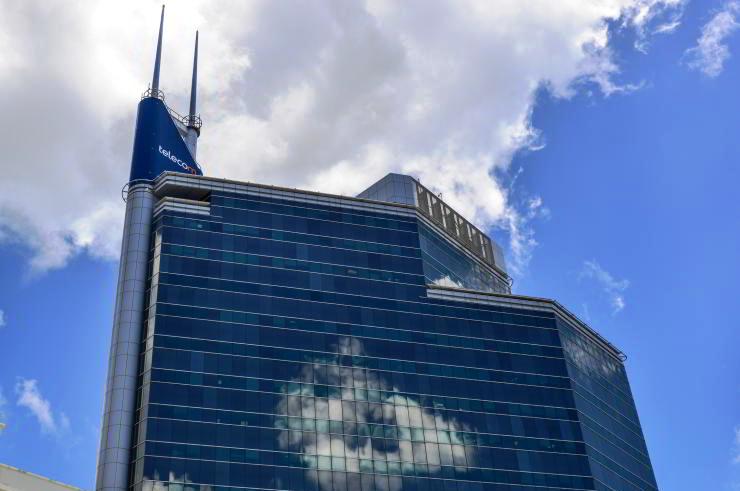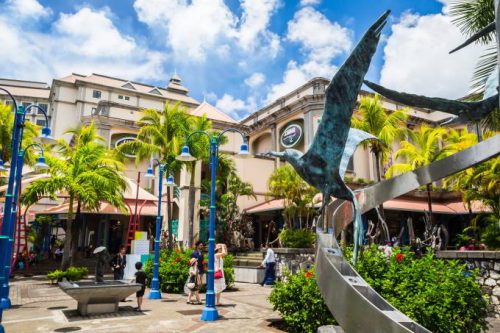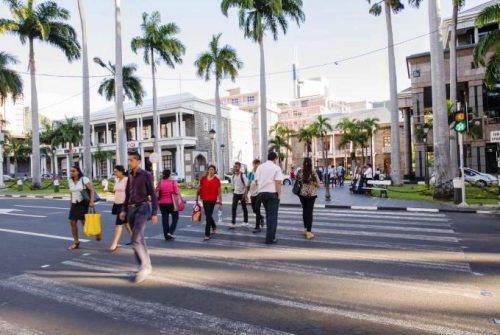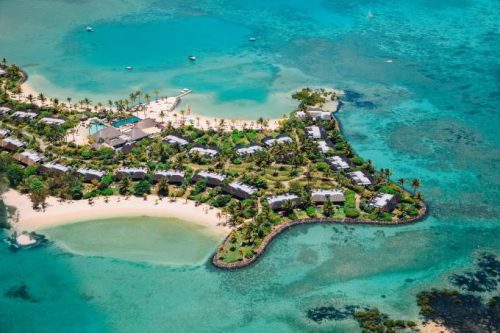Economy. Adaptability and Innovation.

From dependence on sugar cane to diversification into tourism, financial services and innovation, Mauritius looks like a parable with few equals in Africa. But between threats from the climate crisis and transparency issues, there are plenty of question marks.
Over the past few decades, Mauritius has gone from being an economy based on the monoculture of sugar cane to a diversified economy centred on services. The path between these two extremes has been punctuated by strategic policies, long-term development and critical issues that have tested the adaptability of the islands. The archipelago, at present, is at a crossroads: opportunities for sustainable growth collide with a series of urgent challenges that require decisive action, starting with those related to transparency.
From Sugar to Finance
At independence in 1968, Mauritius’ economy was agriculturally driven: sugar was the country’s leading export, contributing 90% of exports and 25% of GDP. Faced with limited resources and a growing population, the government prioritized diversification. The establishment of an export industrial zone in the 1970s facilitated the development of the textile industry and created new employment opportunities. By 1985, the sector accounted for 60% of exports.

The waterfront is the main shopping district of the capital city. 123rf
In the 1980s, tourism emerged as one of the pillars of the local economy, contributing 15% of GDP by the 1990s. The islands have successfully marketed themselves as a luxury destination.
The economic evolution of the islands has gone through two other key moments: in the 1990s, Port Louis launched itself on the financial services market, laying the foundations for the Mauritius International Financial Centre, the financial hub of the islands.
Advantageous tax agreements, sometimes considered controversial, have also played a role in the growth of the sector: this is the case of India; the 1983 Double Taxation Avoidance Agreement with the Asian country (a bilateral convention against double taxation which, in short, prevents income and capital that pass between two countries from being taxed twice) facilitated 37% of Delhi’s foreign direct investments
between 1994 and 2017.

Industrial landscape in import export and business logistics at Port Louis. 123rf
Finally, with the new millennium, Port Louis has embraced the information economy, focusing on informatics and communication infrastructures with the launch of the Digital Mauritius 2030 Vision program.The goal of the initiative is to make the islands a regional hub of innovation. The path just described has nevertheless borne fruit: to date, extreme poverty is virtually absent in Mauritius. The country also has the second or third highest per capita income on the continent, depending on the source.
Opaque obstacles
While there are successes, Mauritius faces challenges that threaten the economic progress achieved so far. The Covid-19 pandemic has exposed the fragility of an economy heavily dependent on tourism. In 2020, the islands’ GDP contracted by 15%. Although the country has recovered, resilience and sustainable growth remain priorities. The financial services sector, once the cornerstone of the Mauritian miracle, has been the subject of particular scrutiny. Its inclusion in the so-called grey list of the Financial Action Task Force (FATF) in 2022 for anti-money laundering deficiencies has highlighted the low reliability of global business networks.

People crossing the street in the centre of Port Louis. The country also has the second or third highest per capita income on the continent Shutterstock/The Visual Explorer
Between 2012 and 2021, the sector averaged almost 6% of GDP. Governance issues have made the challenges even more complex. As shown by an audit conducted by the current government, the previous government of former Prime Minister Pravind Jugnauth appears to have manipulated upwards the GDP growth figures during his administration (2019-2024). For example, in 2023 the growth figure was reduced from 7 to 5.6%. The growth of the construction sector was overestimated by 12%. These revelations have eroded public trust in institutions and made the need for transparency more urgent.
In fact only 100 days after the elections Mauritius’ former Prime Minister Pravind Jugnauth was arrested on Saturday, 15 February and released on bail two days on money laundering charges.
He was detained along with three others after the anti-corruption agency said it had seized suitcases of cash and luxury watches in raids on 10 locations, including Jugnauth’s home. But few Mauritians expected the Financial Crimes Commission (FCC) to move so quickly, or to arrest the former prime minister on such serious charges.
The intentions of the new government
Among the priorities of the new government, which was sworn in last November, are transparency and good governance. It seems to be a good starting point to reset the economy. It starts by strengthening economic governance. In this sense, independent audit bodies should examine public accounts to ensure correct reporting. Collaboration between the Central Bank and the Institute of Statistics is crucial in this area. Then there is the imposition of greater fiscal discipline; new impetus to exports and trade, also focusing on emerging markets and regional trade agreements to mitigate the trade deficit which in 2022 reached 32.7% of GDP. The government then aims to develop the renewable energy sector, to reach a target of 60% by 2030, and to promote digitalization. The digital sector already produces 8% of GDP, employing over 24 thousand people. The last point is to invest in human capital, also by encouraging the return of the qualified diaspora and at the same time blocking the so-called brain drain abroad.

Aerial view. Resort in Mauritius. Tourism and environmental sustainability will play an important role in the future of the Island. 123rf
Tourism, along a pathway of environmental sustainability will play a role. The goal on the horizon is to attract knowing travellers, preserving the natural heritage and increasing its appeal. Before the pandemic, tourism represented almost 20% of GDP with around 100 thousand jobs created. To ensure the future of its economy, Mauritius must put sustainable and inclusive growth first and then transparency. The path must continue to be that of diversification while the fight against the climate crisis will be carried forward by involving everyone: public and private, perhaps in partnership, and local communities. In conclusion, Mauritius seems to be a success story: an economy that has freed itself from its agricultural origins by showing adaptability and capacity for innovation. The future, however, will require further efforts. The climate and governance crises cannot become insurmountable obstacles for a country that wants to be (and ultimately is) a model for the economies of small island states. (Open Photo. A Financial Building in the City Centre. 123rf)
Rehana Kasenally



